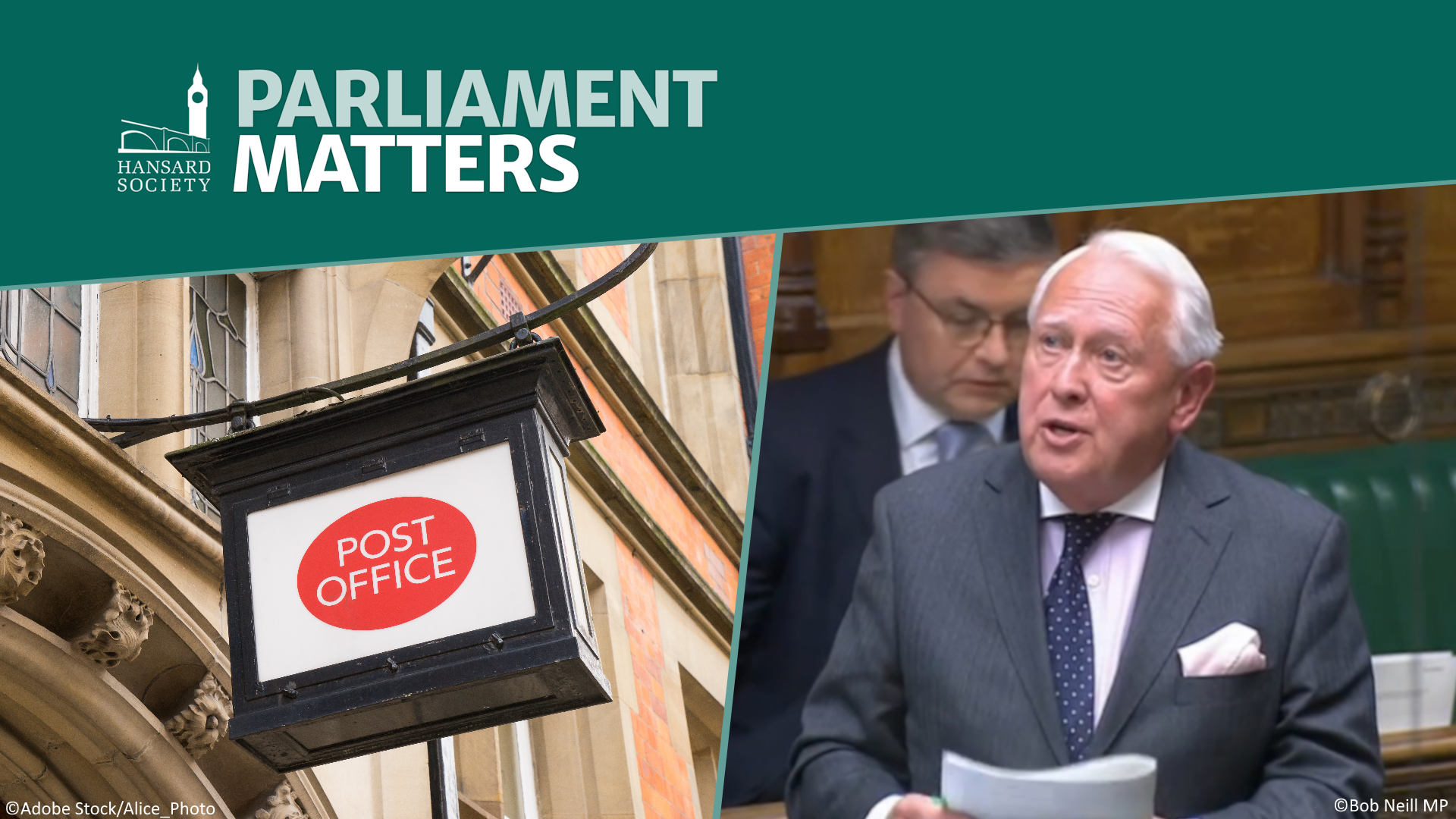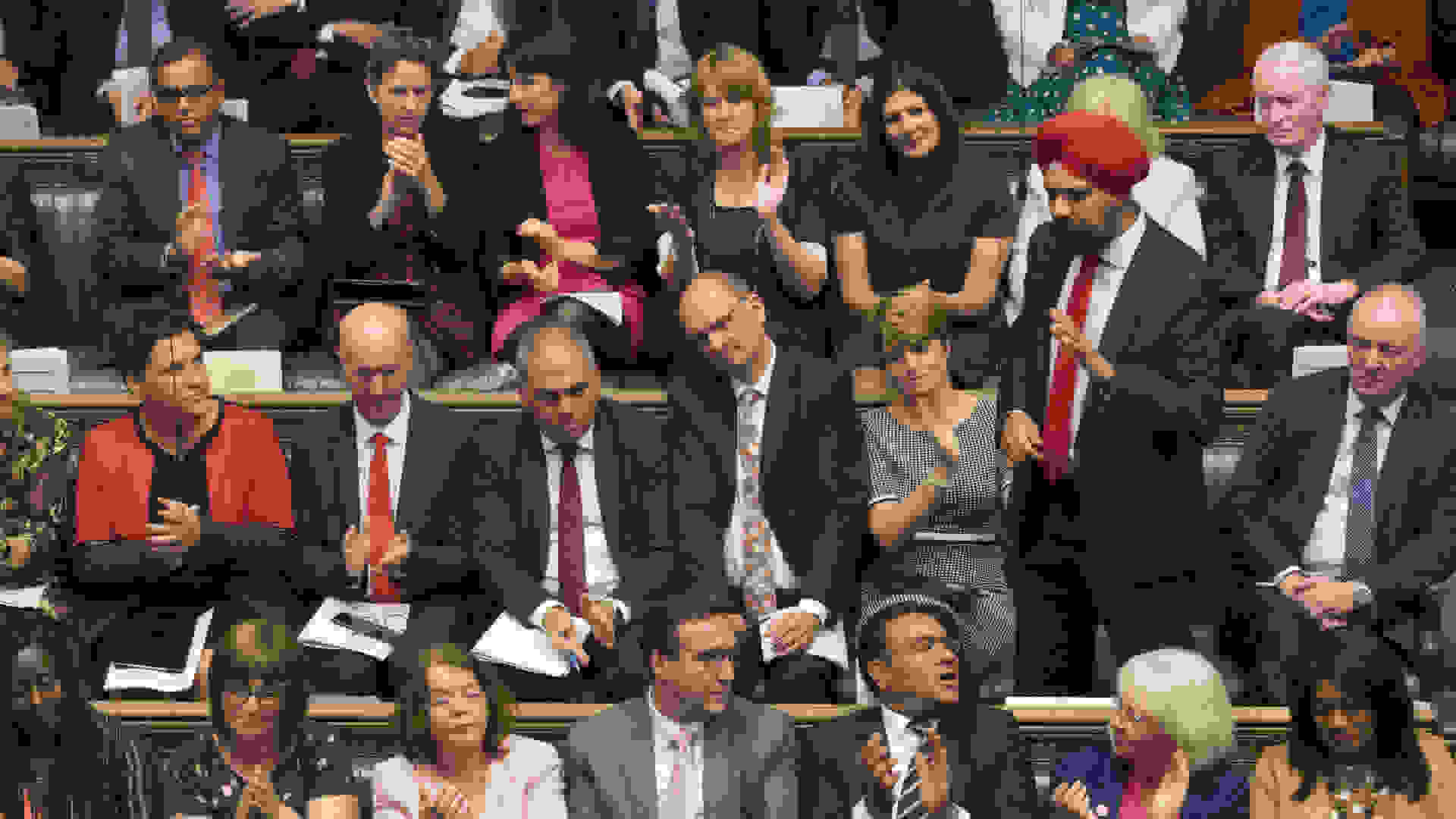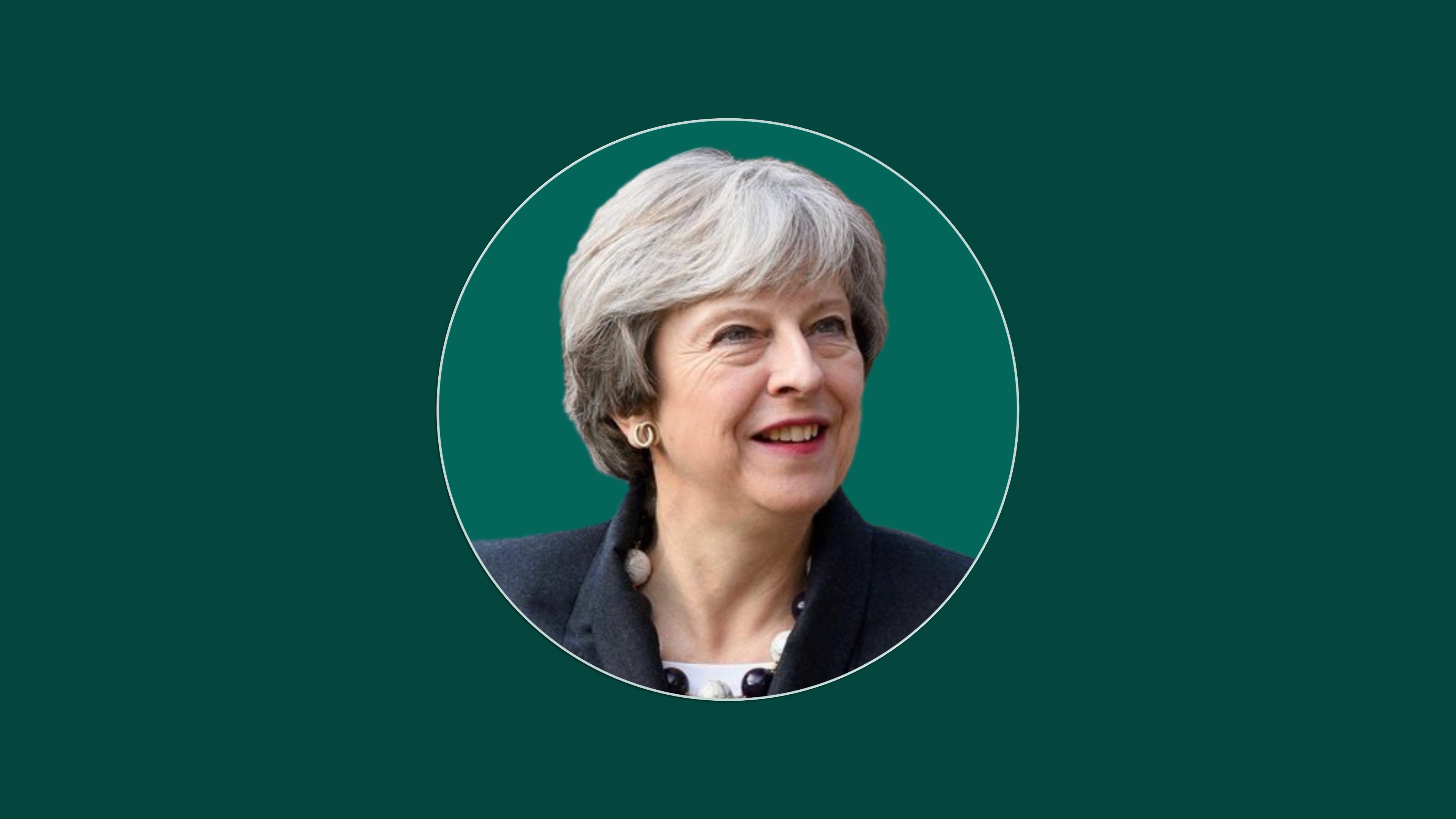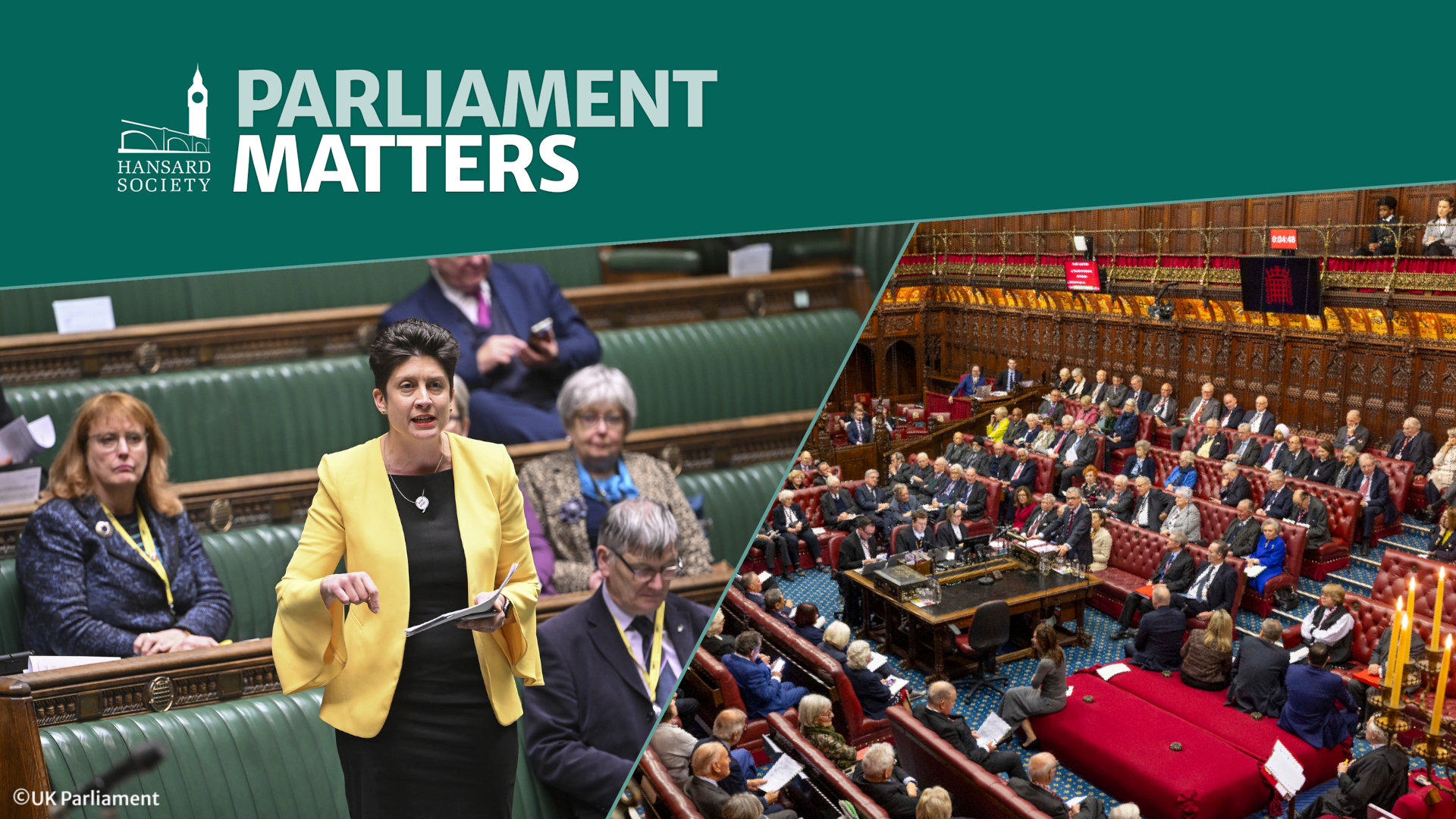News / Post Office Horizon scandal: What is Parliament doing about it? - Parliament Matters podcast, Episode 33
Should Parliament simply overturn the convictions of postmasters caught up in the Post Office Horizon scandal? That’s what the Government proposes to do through the Post Office (Horizon system) Offences Bill. But quashing of convictions is normally a matter for the courts. Some MPs have misgivings about setting a constitutional precedent as well as practical concerns about how the Bill will be implemented. We talk to the Chair of the Justice Select Committee, Sir Bob Neill MP.






